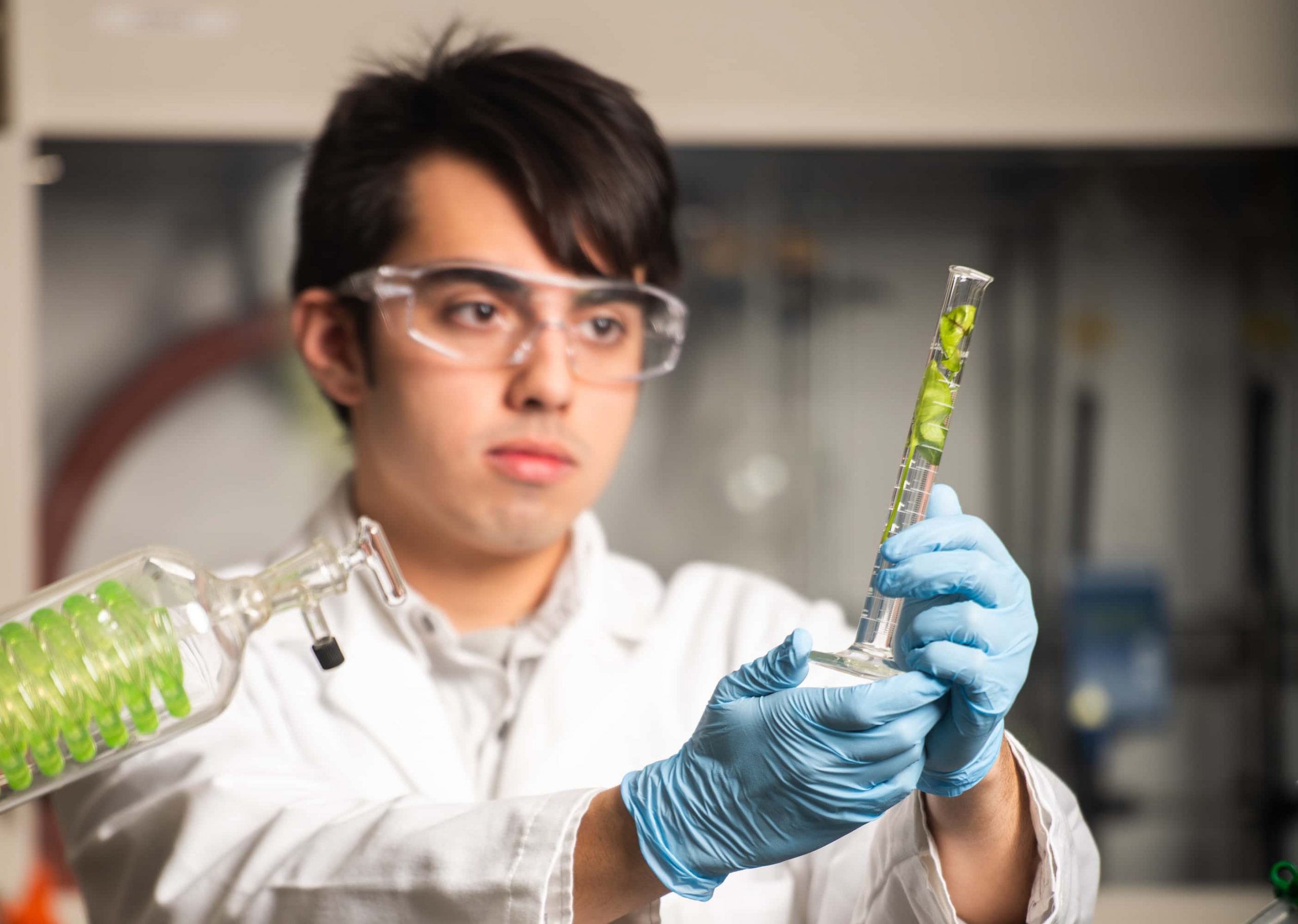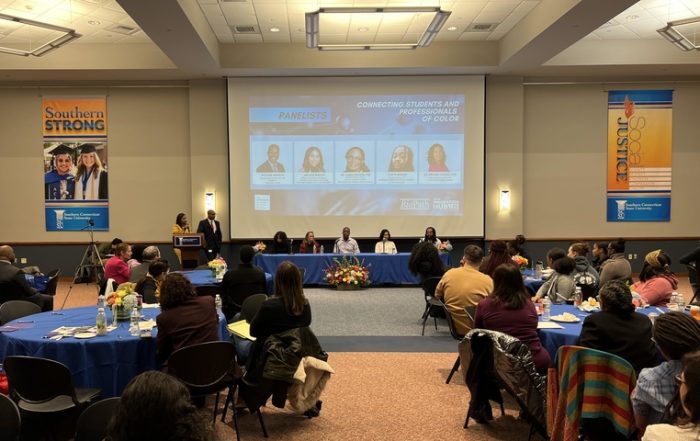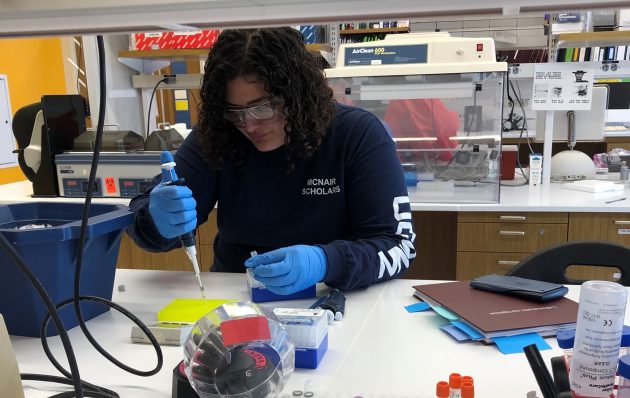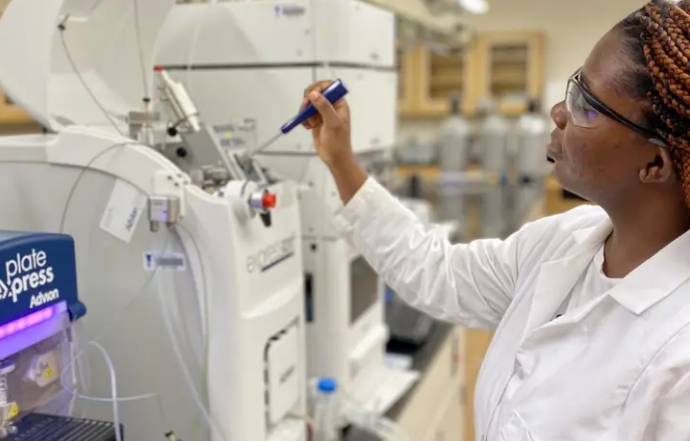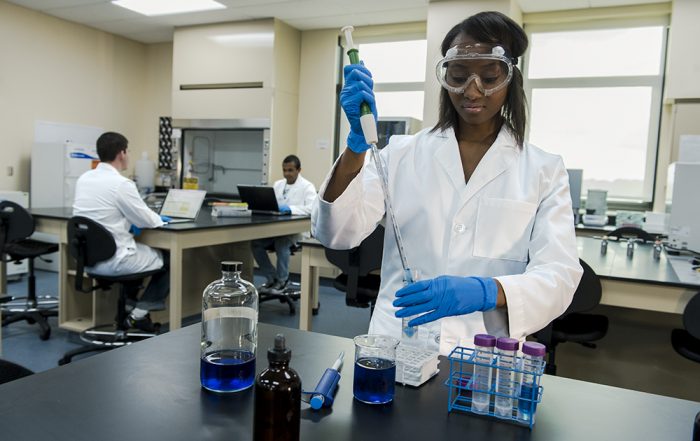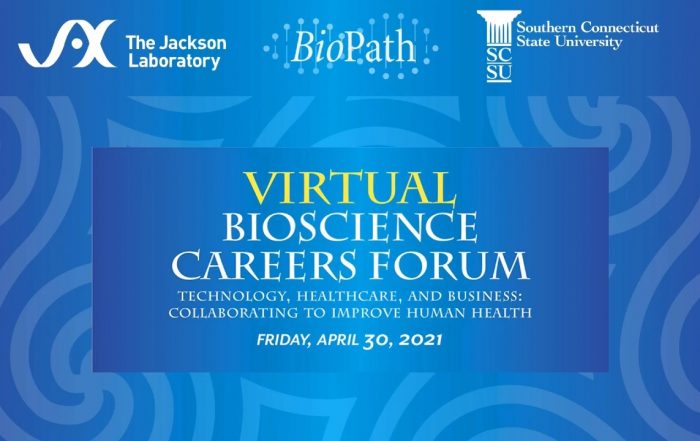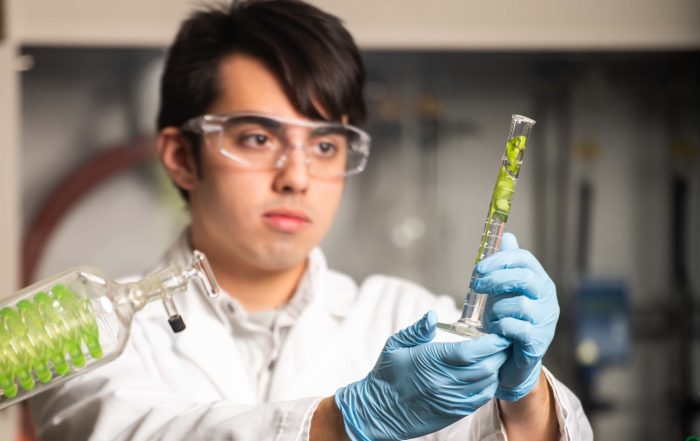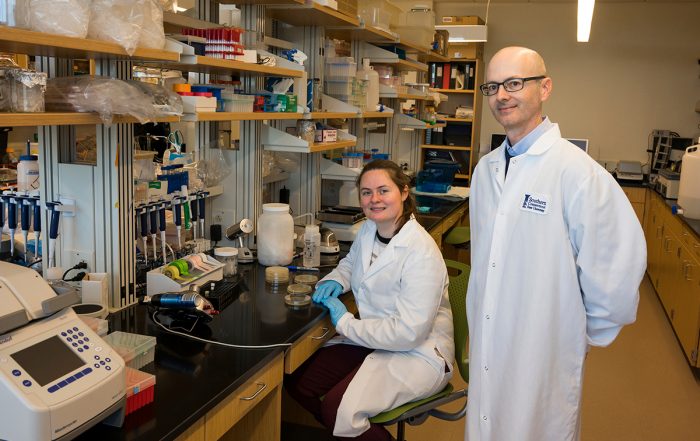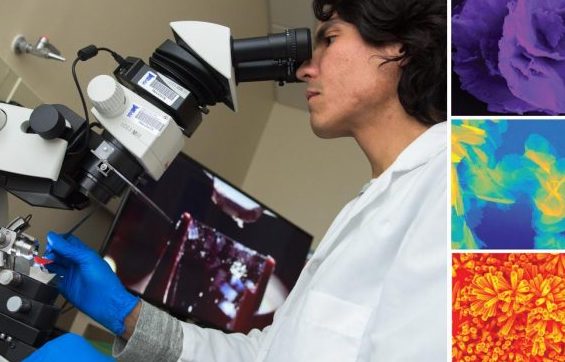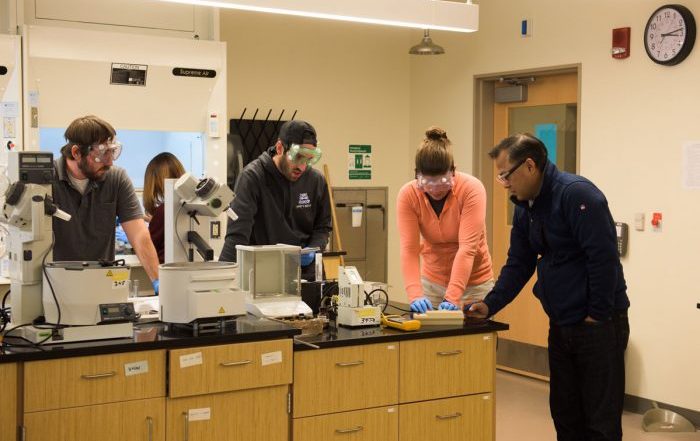BioPath – an SCSU-led partnership of industry, academic and government leaders — has announced several new programs designed to meet the workforce needs of Connecticut’s growing bioscience industry.
The BioPath Skills Academy initiative will include a series of workshops for teachers and school administrators on how they can meet the emerging needs of the bioscience industry. The program will include equipment and software training, as well as a loan program enabling educators to use those materials within their schools and classrooms.
BioPath Skills Academy is being funded through a variety of sources, including two new grants from CTNext via the New Haven Innovation Collaborative (NHIC). The allocations will enable the program to expand its efforts to reach out to underrepresented and underserved populations in the Greater New Haven region.
“We are excited to broaden and deepen BioPath’s impact with the launch of the BioPath Skills Academy for both educators and students,” said SCSU Executive Director for Research and Innovation Christine Broadbridge.
“The BioPath Skills Institute (an umbrella entity that includes the academy) has been identified by the state as a model for workforce development that advances educational and career outcomes while providing targeted support for students from underserved communities,” she said.
“We are thrilled to be partnering with organizations including BioCT and New Haven Works,” Broadbridge added. “The timing could not be better for a partnership that is focused on getting the word out about bioscience opportunities, especially for those who might not have access to this information otherwise. We thank CT Next NHIC for its continued support.”
Established in 2015, BioPath addresses training needs identified by area life science businesses. From its inception, it formed an industry advisory board and conducted an industry-wide needs assessment to guide its growth and development.
Bioscience industry representatives have consistently rated access to a talent pool as a major factor of such companies when considering where to establish themselves and grow, according to Rong Fan, a professor at Yale University and co-founder of IsoPlexis and Singleron. Fan also is founder of AtlasXomics and founding chairman of the BioPath Advisory Board.
“SCSU BioPath is an indispensable program in our biotech industry ecosystem,” Fan said. “How to develop the next-generation workforce with a forward-looking training program is one of the most critical factors to the success of our biotech companies. BioPath was uniquely designed to meet this pressing need.
“As the greater New Haven area is becoming a major bioscience hub in our country, the continued support (and advancement) of BioPath is essential to the long-term success of the industry in this area and across the state of Connecticut,” he said.
Julia Harrison, who graduated from SCSU in 2018 with a Bachelor of Science degree in chemistry and completed a BioPath-NHIC supported internship at IsoPlexis (a single-cell technology company), exemplifies the opportunities offered through BioPath. She now works at Potentiometric Probes in Farmington.
“My internship experience with IsoPlexis provided me with invaluable knowledge regarding the applications of science in industry,” Harrison said. “I was able to participate in nearly every aspect of the company’s operations and biological components of their research and development.”
The city of New Haven, SCSU and the SCSU Foundation provided program funding to the launch BioPath. That support has been augmented by NHIC, federal grants and private gifts, which have been used to implement programs aligned to help our student body and community residents prepare to support and lead in the bioscience industry. BioPath also has built a partnership with statewide entities, such as BioCT and AdvanceCT.
Peter Dimoulas, who has 10 years of experience in teaching and administration (including in the New Haven School District), will manage the new grant-funded programs.
“Our efforts will be driven by two questions — what are the workforce needs of the bioscience industry, and what must we do to help students and community residents meet those needs?” Dimoulas said.
Three new programs that provide direct support to students and residents are also in the works:
*BioPath Skills Academy for Students will consist of six non-credit, bioscience bootcamps to prepare students for research and internship opportunities (followed by direct hire) and afford opportunities for mid-career professionals to learn new skills.
*BioPath Research Experiences (REU) and Internship programs will offer students experiential learning integral to developing requisite skills and knowledge. These opportunities markedly improve student readiness to make meaningful contributions among Connecticut’s fast-growing bioscience companies.
*A partnership with New Haven Works that will provide on-going academic support and mentoring for New Haven students and residents.
Melissa Mason, executive director at New Haven Works, said her organization is excited to partner with BioPath on the development of innovative pathways for New Haven residents to access careers in the region’s growing bioscience sector. “We are especially energized by the prospect of developing candidates for roles outside of the traditional Ph.D. track,” she said.
NHIC Executive Director Michael Harris highlighted the importance of the BioPath program for the bioscience sector’s growth.
“With several successful IPO’s in recent years and the upcoming development of additional laboratory capacity, New Haven is gaining momentum as a national leader in bioscience,” Harris said.
“By adding bioscience exposure to our public school classrooms, real-world lab experience for undergraduate students, and bootcamp experience for adult learners, CTNext’s investment in new BioPath components fuel that growth and provide pathways for more New Haven residents to access the jobs of this fast-growing sector.”

